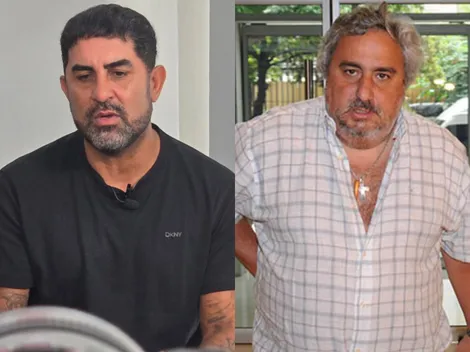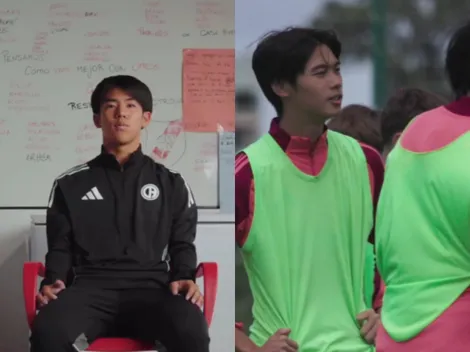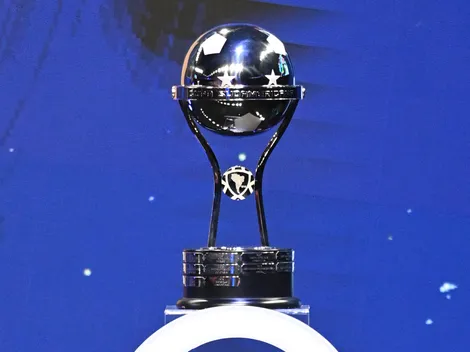In a complicated today and World, with disasters like Haití and a lack of water and electricity in lots of poor countries, a group of Harvard students created a ball called sOccket, that store energy to use for example to light a LED lamp and seeks to offer an alternative to kerosene in Africa.
Soccer. Football. No matter what you call it, more energy goes into soccer than any other sport in the world.
There is a huge need for cheap, clean, simple, off-grid energy solutions that are vailable for immediate use. In most African countries, 95% of the population is living off-grid with no access to electricity and they rely on kerosene, a dangerous health hazard.
The sOccket helps to empower communities in 3 ways, as a:
1. For-Profit: to generate revenue selling the sOccket as a highend tech gadget.
2. Non-Profit: to use the sOccket to teach life and team-building skills to schools in Africa, partnering with local organizations to create change through sport.
3. Advocacy Program: to unite and inspire people to push for the large-scale energy solutions needed in resource-poor settings.
Jessica Lin, Julia Silverman, Hemali Thakkar and Jessica Matthews are de Founders of this project and they four agree sOccket ball will also benefit its users’ health: More than 1 billion people around the world rely on kerosene lamps to light their homes and businesses. Not only is kerosene expensive, but its flames are dangerous and the smoke poses serious health risks. In fact, respiratory infections account for the largest percentage of childhood deaths in developing nations–more than AIDS, and more than malaria and the World Bank estimates that breathing the fumes created from burning kerosene indoors equals the harmful effects of smoking two packs of cigarettes a day. Thus sOccket is a source of clean energy derived from healthy activity.
Photo: Press Kit sOccket.com




